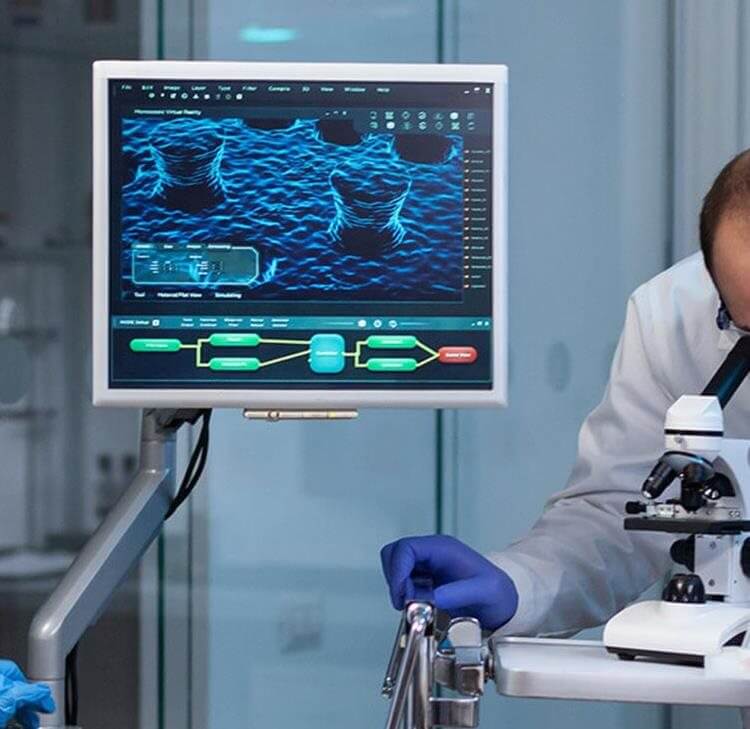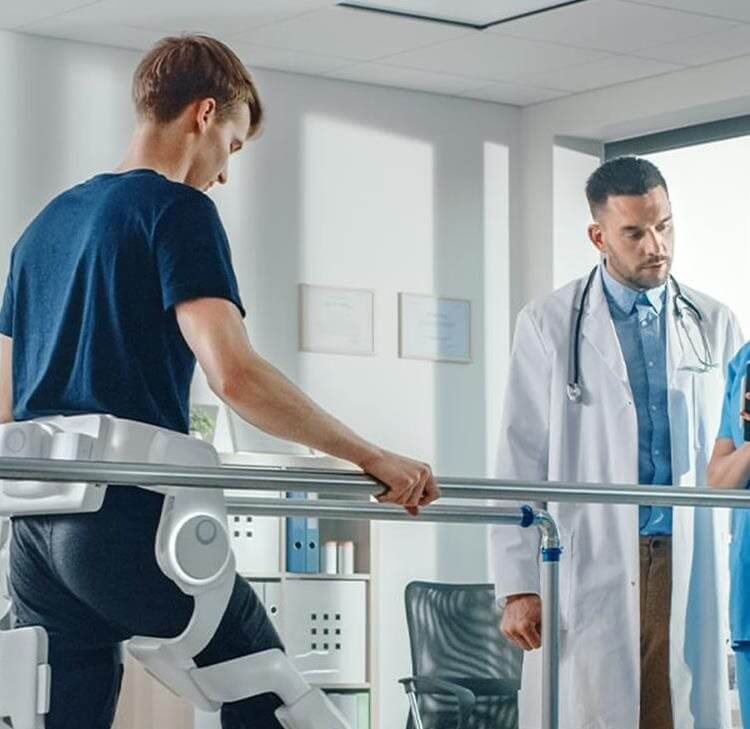Shared Insights: Mental Health in Maternity
Download full note
Legal framework for managing maternal mental health issues
Rebecca Fitzpatrick, Partner, Browne Jacobson
General consent and Mental Capacity Act
- Follow normal consent procedures/MCA processes if P lacks capacity or there are concerns P may lack capacity to make decisions about obstetric care.
- This will be the same even if P is detained under the Mental Health Act (“MHA”) as obstetric care isn’t included in the definition of ‘treatment for a mental disorder’ under that legal framework.
- Care planning and documentation is very important - if P loses capacity later in the pregnancy/during the delivery but has been fully involved in care planning, that will assist in determining best interests and things will run more smoothly.
- Helpful to go through with P the potential things that could happen and available treatment interventions in advance ( e.g. forceps/ventouse/episiotomy/pain relief/c-section etc).
- If case potentially complex and P lacks capacity, will need documented best interests meeting and helpful to involve mental health team in that meeting and care planning for the delivery.
- When making best interests decisions, remember that the unborn child has no “legal personality” or “rights” until they are born; therefore, all treatment decisions need to be made on the basis of what is in the bests interests of the mother. Can factor in the likely psychological and emotional distress giving birth to a dead/injured foetus would have on P when weighing up what is in the mother’s best interests.
MHA
- If P has a mental disorder and is detained under the Mental Health Act start from presumption of capacity re obstetric care and follow steps above.
- If there are concerns about the impact of P’s mental state on her obstetric care, or on the management of the delivery important to fully consider this at the earliest stage possible and for there to be joint planning between the mental health clinicians and the obstetric and midwifery team.
- Under the MHA, P can be sent to the acute Trust under s.17, or s.17(3) leave from the hospital she is detained in, for appointments and for the delivery. S.17(3) allows P to remain “in custody” whilst at the acute Trust – helpful to have a copy of the s.17 paperwork to confirm this. This allows a deprivation of liberty for the purposes of managing and treating P’s mental disorder.
- Important that early discussions take place re support P will need from the psychiatric team during the delivery (allocation of staff/psychiatric or PRN medication if P’s mental state deteriorates for example/restraint care plan etc).
- Can rely on the MHA to treat the mental disorder or a symptom or manifestation of the disorder (see s.145 MHA) – for example to prevent P leaving, to give psychiatric medication without consent, to use restraint to prevent P harming self/others, or to provide treatment without consent where for example P has self-harmed. However, case law has confirmed that you can’t rely on MHA to treat without consent for obstetric care – therefore you will have the two legal frameworks running alongside each other hopefully complementing each other;
Restraint (s.6 MCA/common law/criminal law)
- In any case following common law and criminal law powers available whether or not P has capacity:
R v CC of Gloucestershire Constabulary [2006] UKHL This case confirmed a common Law Power exists enabling citizens to prevent a breach of the peaceMunjaz v Mersey Care NHS Trust [2003] EWCA “there is a general [common law] power to take such steps as are reasonably necessary and proportionate to protect others from the imminent risk of significant harm. This applies whether or not the patient lacks capacity to make decisions himself”Criminal Law Act 1967s.3(1) “a person may use such force as is reasonable in the circumstances in the prevention of a crime.”
This provision enables a member of staff to use reasonable force to restrain P in self-defence or in the defence of others or to protect property where this is necessary and proportionate in the circumstances. - If P is MHA detained
If under s.17(3) leave, P can be prevented from leaving including use of restraint and can be restrained for purposes of giving mental health treatment where appropriate, proportionate and the least restrictive option.
- If P lacks capacity to make the decision in question
Can potentially restrain under s.6 MCARestraint definition; “the use of force/threat of use of force where an incapacitated person resists; or any restriction of movement whether or not the incapacitated person resists” (i.e. includes covert medication).Only permissible to restrain under s.6 if reasonably believed necessary to prevent harm to P and is a proportionate response to the likelihood and seriousness of that harm.
- In all cases
If necessary to use physical restraint, it is recommended that restraint should;
- Be reasonable in the circumstances.
- Only apply the minimum force necessary to prevent harm to the patient.
- Be used for only as long as is absolutely necessary.
- Be sensitive to gender and race issues.
- Have a documented restraint care plan.
DoLS/LPS/Necessity
If P is over 16 and
- Under continuous supervision and control; and
- They are not free to leave; and
- The person lacks capacity to consent to these arrangements.
There will be a deprivation of liberty
If they are not MHA detained, a DoLS authorisation (or when they come in LPS authorisation) will need to be considered/obtained.
Doctrine of Necessity
Black v Forsey [1988] SLT 57 (HL Scottish case) confirmed that a common law power exists of a private individual to detain in a situation of necessity, a person of unsound mind who is a danger to himself or others.
R v Bournewood NHS Trust Ex parte L (1998) HL confirmed the existence of a common law limited power to detain:
“The common Law permits the detention of those who were a danger or potential to themselves or others, in so far as this was shown to be necessary”
These common law powers cannot be used as an alternative to the MHA if that is the appropriate framework. However, they can be used for a short period where the persons with the appropriate MHA powers are not immediately available.
When to go to court
NHS Trust & Ors v FG [2014] EWCOP 30
Keehan J gave guidance as to when and how applications should made to the Court of Protection where a treating Trust is concerned that pregnant woman lacks, or may lack, the capacity to take decisions about her antenatal, perinatal and post-natal care as a result of an impairment of, or a disturbance in, the functioning of her mind or brain resulting from a diagnosed psychiatric illness.
Held that even where P is MHA detained, in some rare cases where there is likely to be deprivation of her “residual liberty” during the delivery, may need to apply for a court order.
97. "The Trusts must, therefore, plan how P is to receive obstetric care in sufficient detail to identify whether there is potential for a deprivation of liberty to arise. When trusts identify there is a real risk that P will suffer an additional deprivation of her residual liberty during transfer to and from the acute hospital and/or when present at the acute hospital, the Trusts must take steps to ensure the deprivation of liberty is authorised in accordance with the law”
98. Where the Trusts identify there is a real risk that P will suffer a deprivation of liberty in these circumstances it is for them to decide whether the same is achieved by a standard authorisation under schedule A1 of the MCA, by an application to the court or under another lawful jurisdiction.
If the intervention proposed is likely to amount to "serious medical treatment" within the meaning of COP PD 9E, irrespective of whether obstetric treatment might otherwise be provided under the MCA or MHA, (including, specifically, when caesarean section - if the merits are finely balanced - is proposed or where a proposed caesarean section is likely to involve more that transient restraint) or,
- there is a real risk of the use of more that transient forcible restraint, or
- there is a serious clinical dispute as to what obstetric care is in the subject's best interests, or
- there is a real risk that the subject will suffer a DoL which would, without the authorisation of the court, be unlawful.
The matter should be referred to the court.
United Lincolnshire Hospital NHS Trust v CD [2019] EWCOP 24
The Trust sought and was granted anticipatory and contingent declarations, allowing for interventions (including those amounting to a deprivation of liberty) to take place in the event that CD lacked the relevant decision-making capacity.
However – word of caution – recent case Lieven J (written judgment awaited) refused to grant such an order and felt mixture of MCA and common law powers sufficient – full judgment awaited – these cases are dependent on the facts of the individual case and in this case the mother whilst still capacitous had been fully involved in care planning and agreed to the care plan.
The importance of advance care planning!
- Waiting until 2am when P is already in labour to make application to court will not go down well with the Judge
- Escalate and seek advice early if you have concerns
Mental Health Units (Use of Force) Act 2018 statutory guidance: Government response to the consultation
Definition of ‘Mental Health Unit’
“Mental health unit” means—
- a health service hospital, or part of a health service hospital, in England, the purpose of which is to provide treatment to in-patients for mental disorder, or
- an independent hospital, or part of an independent hospital, in England—
- the purpose of which is to provide treatment to in-patients for mental disorder, and
- where at least some of that treatment is provided, or is intended to be provided, for the purposes of the NHS.
The Act sets out requirements in relation to the use of restraint and recording in relation to the same and comes into force in March 2022.
Detaining P to the acute Trust
This will only be an option if the Trust is registered with the CQC for the regulated activity of “Assessment or medical treatment for persons detained under the Mental Health Act 1983”
This regulated activity only applies to the use of the Mental Health Act in hospitals, rather than its use in any other setting, so it does not apply to locations that are not hospitals. It does not apply to prisons, community or residential treatment settings for substance misuse or community-based mental health services.
- Inclusions
This regulated activity includes the use of short term, emergency holding powers under Section 5 of the Mental Health Act. It therefore also applies to hospital services other than specialist mental health inpatient services, such as acute hospitals, where the Mental Health Act could be used to detain patients for short periods under temporary arrangements.
Therefore:
- To use the emergency MHA holding powers under s.4 or s.5 of the MHA, the Trust/organisation would need to be registered with the CQC for the assessment or medical treatment for persons detained under the Mental Health Act 1983.
- Such registration is not required if the patient is detained under the place of safety provisions of s.135 or s.136 of the MHA
- Remember that in relation to any of the MHA emergency holding powers, they do not authorise treatment for mental disorder without appropriate consent.
The obstetrician’s perspective
Kara Dent, Consultant Obstetrician, Clinical Director for Obstetrics, UHDB Foundation Trust
Kara is a Consultant in Obstetrics with over 20 years of experience in High Risk Obstetrics and Fetal-Maternal Medicine and a special interest in diabetes in pregnancy. She is Clinical Director for Obstetrics at University Hospitals of Derby and Burton NHS Foundation Trust (UHDB). She spoke about her experience of treating patients with mental health issues and set out a case study in some detail (not repeated here).
Mental health is a very current issue in Obstetrics and is being recognised by recent MBRRACE reports on maternal deaths. It attributes around 13% of maternal deaths to this cause – suicide being the leading cause of direct deaths within the year after delivery (from 6 weeks to 1 year postpartum).
There is a lot of work being done nationally to develop and fund better services for these women in their pregnancies and post-partum to reflect this.
Whilst Obstetricians recognise that the fetus, whilst in utero, has no legal rights of its own, they are looking after a woman and her potential baby with a duty of care to both. Kara explained that mental health is an area that may not be well understood to obstetricians as a profession so they welcome sessions such as these to understand the legalities and practicalities in looking after these women in a combined approach. There is a recognition that potentially difficult cases require a lot of forward planning in the antenatal period and discussions with colleagues in the mental health services to help protect these women and their babies in a safe environment.
Kara set out a case study where a woman in the late stages of pregnancy was admitted on labour ward and had become very agitated. She needed restraint to protect her and others on the ward. It was obvious the labour ward was not the right environment for her.
She talked of the frustrations of trying to understand what information the mental health team needed in order to make the appropriate decisions to help this patient and transfer her to a safer environment. She also explained how it had highlighted gaps in knowledge from an obstetric perspective of how obstetricians can support sectioning women when it is required.
Practical tips – the psychiatrist’s perspective
Dr Sally Arnold, Perinatal Psychiatrist, Midlands Partnership NHS Foundation Trust
Sally is a general adult psychiatrist who has a special interest in perinatal psychiatry. She is due to take up a consultant post on the mother and baby unit in Staffordshire next month. During her training she has had an interest in psychiatry for women and the impact obstetric and gynaecological conditions can have on a woman's presentation. This has included publications in PMDD, posters at international conferences on substance use in pregnancy, an interest in gender dysphoria and undertaking a diploma in obstetrics and gynaecology. Currently Sally is undertaking a masters in medical ethics and law. She set out 5 practical tips.
- What you can do to get help out of hours: There is a push at the moment for mental health liaison services to be available 24 hours – if you are fortunate to have 24 hour mental health services in your hospital phone them for advice and ask them to attend straight away. However, not all hospitals have this service – particularly smaller hospitals – which leaves them in a more difficult situation.
Each medical hospital is branched under a psychiatric remit, there will be a psychiatrist you can phone so if you are really struggling and want more advice on how to manage a patient, that can be your next port of call if you do not have liaison services. They can give advice on what medications might be safe or whether they can start coordinating a mental health assessment sooner. The level of cover varies depending on the area you are in as some teams have more than one doctor on call and some might only have one. It is an ongoing work in progress.
- Section 5(2) MHA: This is very good for detaining someone to a specific place but you still can’t give them treatment for their mental disorder. If you can put a section 5(2) in place it starts the process where the patient can be held for up to 72 hours. It is a holding power which can be used so that a patient can be assessed by a psychiatrist, to see if an application under the Mental Health Act should be made.
- Understanding how to get a mental capacity assessment: This is quite a lengthy process – once the patient is detained it will be phoned through to the emergency duty team to request a MHA assessment. Ideally this is done though collaboration with the mental health team and psychiatrist. AMHPs (approved mental health professionals) cover large regions and sometimes there can be delays during the night if they are assessing another patient. Two doctors are needed for an assessment to detain someone. It is usually easy to get the first doctor as that will be the on call psychiatrist. The second doctor should be independent so the assessment is fair, and out of hours it can take longer to find someone.
- How to get a mother and baby bed:
Use this link mother and baby beds if you want a mother and baby bed (suitable for mother 32 weeks gestation up to 12 months post partum). This is a national service.- Green – bed available
- Amber – possible bed within 2 days
- Red – no bed and unlikely in next 2 days
Click on the pin for details of the unit including the phone number. If you want to request the bed, fill in the universal referral form via the link top right.There was a comment in the chat that you need to approach your local unit even if they do not have a bed on webbeds.Response: Perinatal beds are national, and so if your local mother and baby unit does not have a bed then another unit which has a bed available can be identified instead.They will screen whether the patient would be accepted in principle and that means that other MBUs in the country would accept them. - Where to find forms: Mental Health Law.co.uk takes you to the forms you need for section 5(2) – use the hospital forms section.
Discussion
During the discussion that followed we covered a number of issues including:
The challenges of home birth
Kara Dent - That situation is very difficult – you have to have two qualified midwives for delivery but potentially it would be just the midwives and the partner in that situation. The easy answer would be not to plan a home birth to keep staff safe but often these patients may benefit from home births as hospital might be a triggering factor.
Rebecca Fitzpatrick - In cases where a woman has chosen home birth it is important there is robust record keeping as that will give you more protection if there is an adverse outcome.
The practicalities of working with Liaison Psychiatry Services
Sally Arnold - There are different targets for mental health liaison teams – the target for referrals from A&E is patients should be seen within an hour, through the referral portal it is 4 hours and for patients on the ward it is 24 hours. In practice it should be about treating clinical needs - if a patient needs help now phone back and keep pushing.
Kara Dent - Joined up working between the obstetric team and liaison team is something that is getting better. It is much easier when we have been working with the liaison team all the way through the pregnancy and can put things in place to keep pathways running. The issue is when the unexpected happens. On the ward the patient is deemed as safe which is difficult for clinicians as the situation still feels very imminent and time restrained.
Restraint
Not all mental health staff are trained in restraint, it depends on their role. If a patient needs full restraint a team of several staff may be required. Some mental health staff are only required to have 'breakaway' training. In some areas, the liaison service is for short term assessment and would not help with restraint. Models of working vary between different geographical areas, for example which team carries out MHA assessments.
Rebecca Fitzpatrick - Advanced care planning to raise these issues is key. Some Trusts are trying to draw up joint memoranda of understanding and agreeing a process so everybody in both organisations understands what is happening and who does what. It does get complicated around the commissioning but can be really helpful.
The use of MHA S.4 in emergencies
Rebecca Fitzpatrick – Section 4 is another option in cases of urgent necessity – you can also potentially use S.5(2), or S.5(4). Section 4 is an emergency section which is used when there are issues getting a second medical assessment. This can only be undertaken by the AMHP and one of the two medical recommendations. Section 5(2) is an emergency doctor’s holding power which can be used by any doctor with a full medical licence for an existing inpatient. S. 5(4) is a nurse’s holding power but can only be used by a psychiatric/LD nurse where the patient is already an inpatient. Sections 5(2) and 5(4) are for immediately urgent situations where the patient is already an inpatient at the hospital e.g. when patients are trying to walk off the ward and you have to stop them.
S.4 and s.5(2) can be used for up to 72 hours to detain a patient to enable a full MHA assessment to be undertaken. S. 5(4) can be used to detain a patient for up to 6 hours.
Sally Arnold - The difficulty I have had in practice when struggling to get a second doctor – some AMHPs can be more reluctant about S.4 as it doesn’t provide the “safety” of two doctors reviewing and detaining the patient. This is particularly difficult with more subtle presentations, and risks. You can transfer to a psychiatric hospital under section 4 and the second doctor will do assessment once the patient is there if it is needed in an emergency, but it is best practice to undertake a full MHA assessment where possible.
There was some discussion about neither Section 5(4), Section 5(2) or Section 4 allowing treatment of mental disorder against the patient’s wishes - the patient would need to consent.
Rebecca Fitzpatrick – You can cover some treatment under MCA if they are particularly agitated – that includes covert medication – as long as it is proportionate to the potential harm to P and in their best interests.
The CQC taking an interest in the use of S4
One Trust shared their experience of the CQC frowning upon the use of S4 as a stop gap rather than trying to solve the underlying issues of working as a team together. At that Trust they now individually review every S4 but still use it where it is needed. It should not be used to get round resourcing issues.
Rebecca Fitzpatrick – See page 5 of this note about the Mental Health use of Force Act coming in in March this year and whether this applies to acute Trusts.
When using restraint it is important it is recorded when used, why it is proportionate, that it is only used when necessary and is kept under review.
SLA agreements/memoranda of understanding
Examples were given of teams cross working, considering a patient’s history and agreeing at an early stage which team will lead.
If any Trusts have written memoranda of understanding which they would be prepared to share as examples with the people on the call, please let us know and we will disseminate.
Speakers

Nicola Evans
Partner
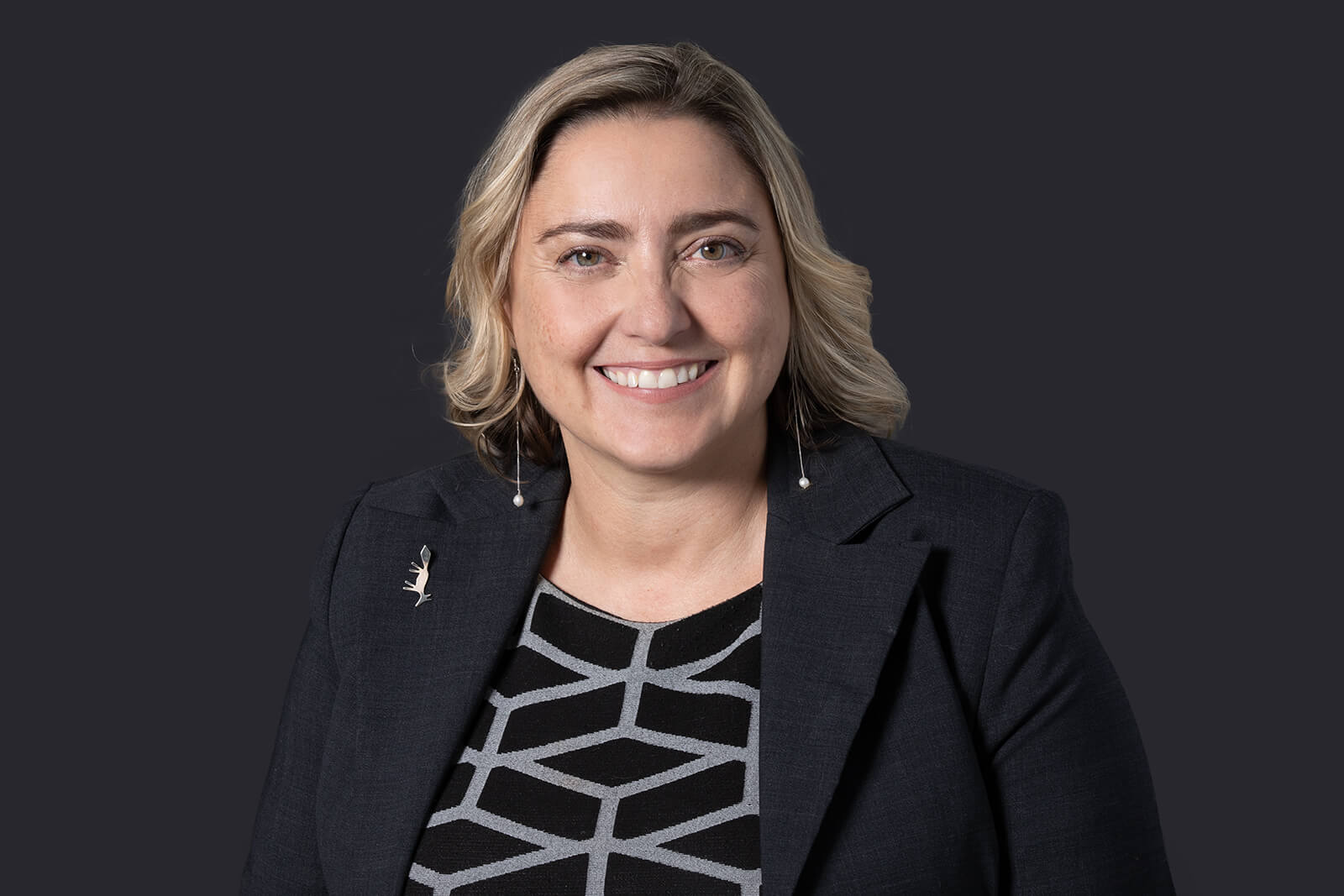
Rebecca Fitzpatrick
Partner
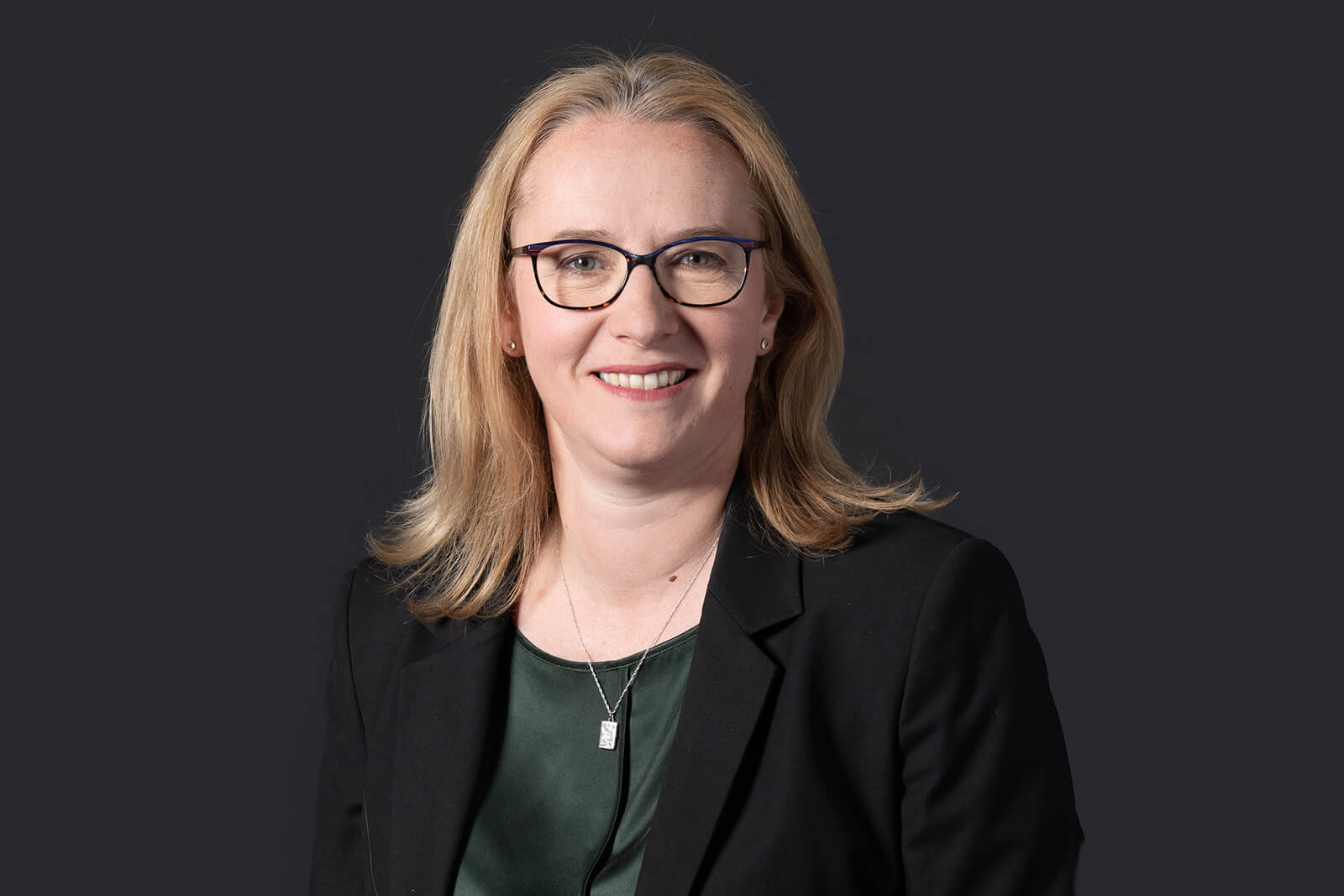
Lorna Hardman
Partner

Damian Whitlam
Partner
Shared Insights
Our monthly forum connecting health and care leaders and professionals to discuss challenges and share solutions.
Contact

Damian Whitlam
Partner
damian.whitlam@brownejacobson.com
+44 (0)330 045 2332
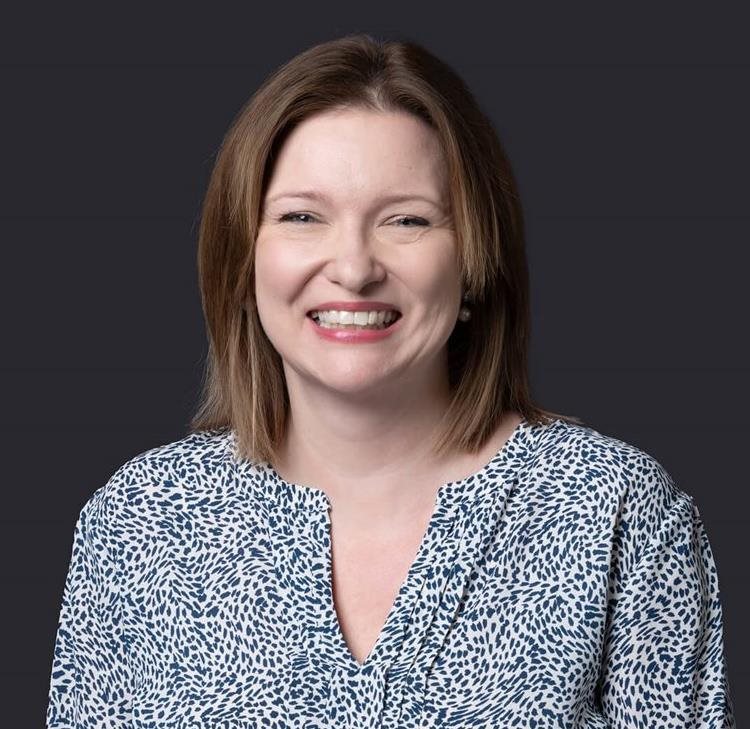
Nicola Evans
Partner
Nicola.Evans@brownejacobson.com
+44 (0)330 045 2962








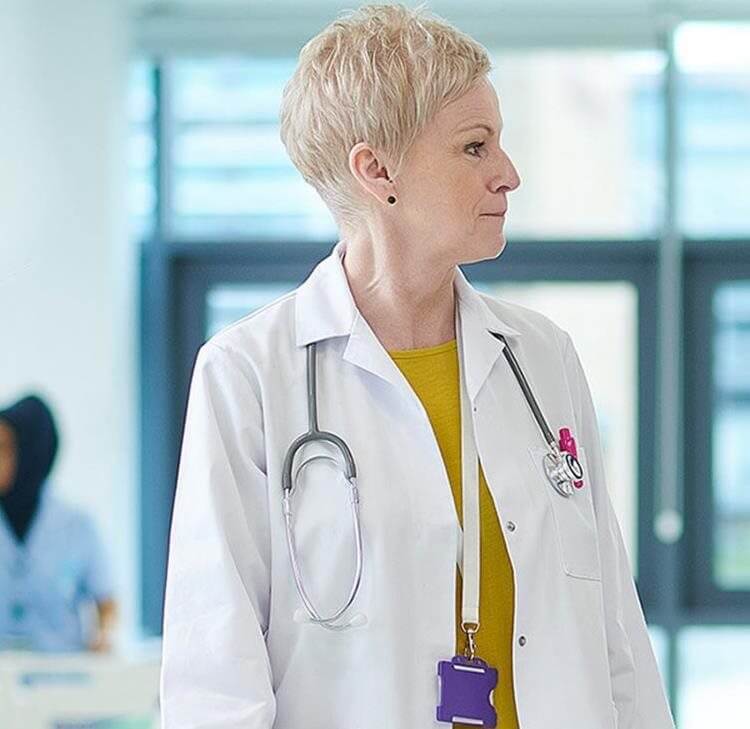



![Contractual liability for all inclusive treatment: Bartolomucci v Circle Health Group Limited [2025]](/getattachment/95f9533b-f99c-4fcc-b8d5-3f93904b8242/shutterstock_1265400856.jpg?variant=HeroImageTabletVariantDefinition)
























